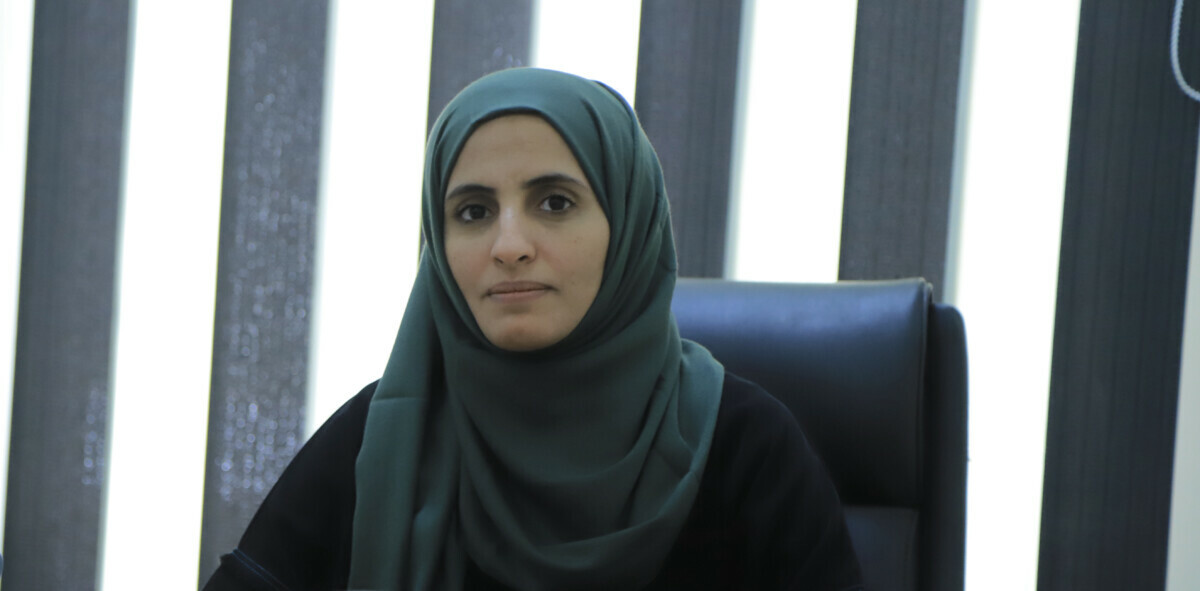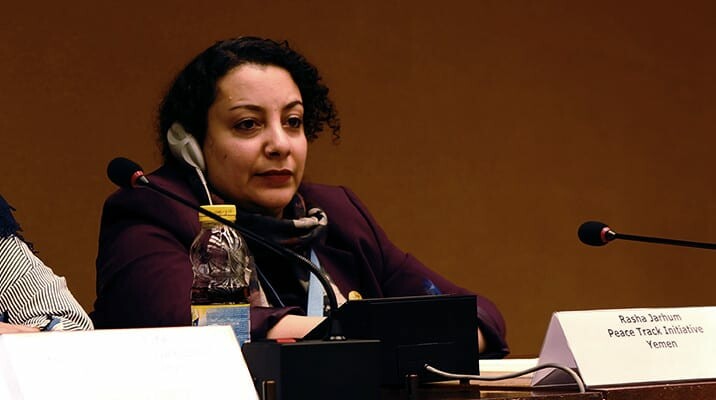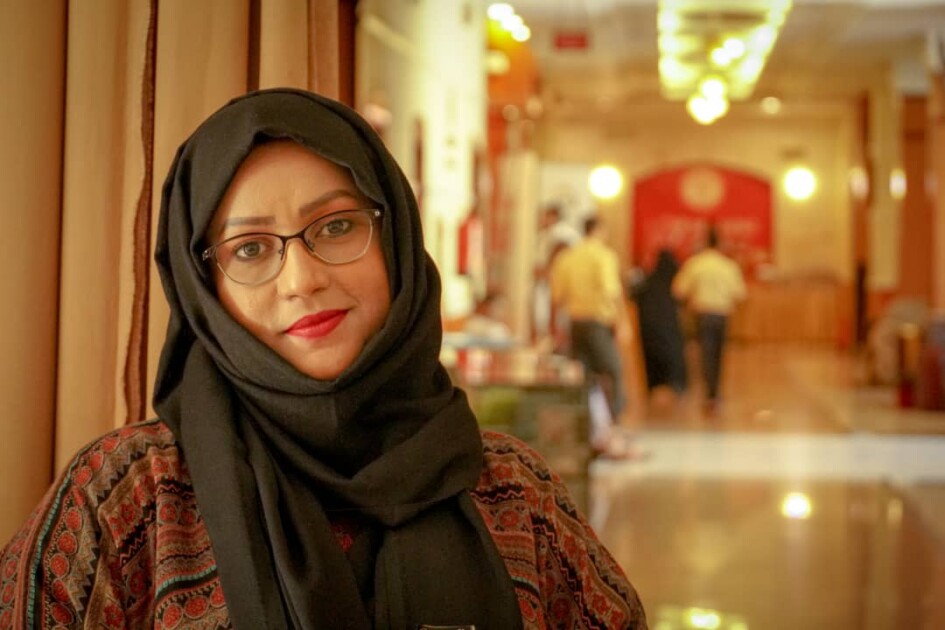Yemen
Yemen
Current and Past Recommendations to the UN Security Council (Monthly Action Points)
As the Council discusses the situation in Yemen, including implementation of resolution 2451 (2018) and forthcoming peace talks in early 2019, women’s participation in all aspects of the process should continue to be emphasized. There was only one woman included in the formal peace talks that took place in Sweden in December 2018; future peace talks must include more women as full and active participants. All parties to the conflict continue to impose restrictions that prevent delivery of humanitarian assistance and deny the UN and other humanitarian actors’ access to civilians in Hodeida. The Council must continue to pressure all parties to comply with their obligation to allow and facilitate impartial, rapid and unimpeded delivery of humanitarian assistance to civilians in need under international humanitarian law. Any humanitarian assistance in the region must be gender-sensitive, respond to women and girls’ differentiated experiences and be developed in partnership with local civil society organizations. Such assistance should include a full range of medical services, including psychosocial and sexual and reproductive health services, as well as access to legal assistance, education and employment, before, during, and after armed conflict (S/RES/2122 (2013), CEDAW/C/YEM/Q/7-8). The Council and UN offices in Yemen must support civil society efforts to establish emergency plans and humanitarian operation room teams, including hotlines for civilians to report violence or request humanitarian assistance, and ensure their protection. Moreover, the Council should ensure participation of civil society organizations (CSOs), women leaders, women’s groups, and youth representatives that reflect the ethnic, geographic, and political diversity of Yemen’s population in all conflict resolution and conflict management processes. Further, Council members should ask senior UN officials to provide updates regarding efforts to protect women human rights defenders and civil society activists and their access to legal support and essential services. Council members should call for an international commission of inquiry as well as continued support of the national human rights monitoring and reporting mechanism to ensure that information and analysis are comprehensive and include documentation of attacks and threats against civil society. Further, national human rights organizations must be allowed to monitor and report on the human rights situation freely. All stakeholders, including the Arab coalition, must ensure women’s meaningful participation in discussion, design and implementation of peace and security strategies, including those that aim to counter violent extremism (S/RES/2122 (2013), OP 13; S/RES/2242 (2015), OP 13; CEDAW/C/YEM/Q/7-8). Finally, for this to be done effectively, capacity building for relevant experts, including peacebuilding and women’s CSOs, to undertake gender-sensitive conflict analysis and translate it into concrete actions, must be a priority.
Relevant Resources







